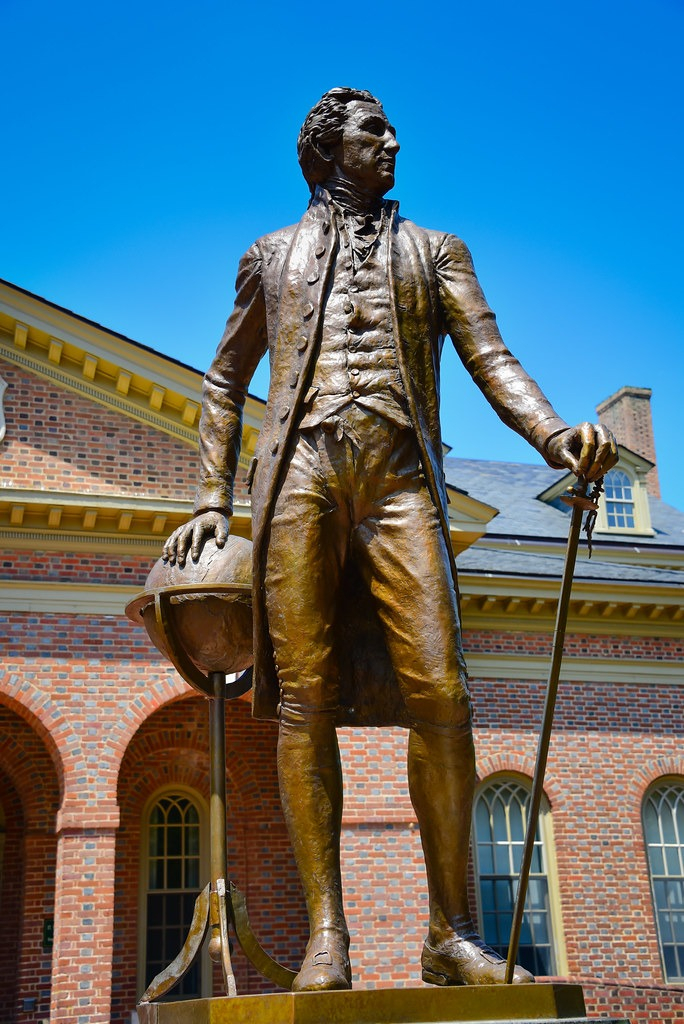He easily won the election of 1816
Following the War of 1812, James Monroe gained huge popularity. Rufus King, the Federalist candidate, was not a major threat to him as he comfortably won the Democratic-Republican nomination. Due to his wartime leadership, Monroe decided to run for president in the 1816 election, making him the clear successor to Madison. Monroe enjoyed widespread support within the party, but at the Democratic-Republican congressional nominating caucus in 1816, his nomination was contested.
Many Southern and Western Congressmen endorsed Secretary of the Treasury William H. Crawford, while several New York Congressmen backed Governor Daniel D. Tompkins. Many Democratic-Republicans were skeptical of Madison and Monroe's backing for the Second Bank of the United States, therefore Crawford particularly appealed to them.
Despite having a large amount of support, Crawford chose to defer to James Monroe in the hope that he would one day succeed him; as a result, Monroe received the candidacy for his party. The party's vice presidential nomination went to Tompkins. After a popular war they had opposed ended, the dormant Federalists chose Rufus King as their presidential candidate, but the party had little opposition. With the exception of Massachusetts, Connecticut, and Delaware, Monroe won every state with 183 of the 217 electoral votes cast in his favor. He was the final president who was a Founding Father since he had previously served as a Continental Army officer during the Revolutionary War and as a delegate in the Continental Congress.









